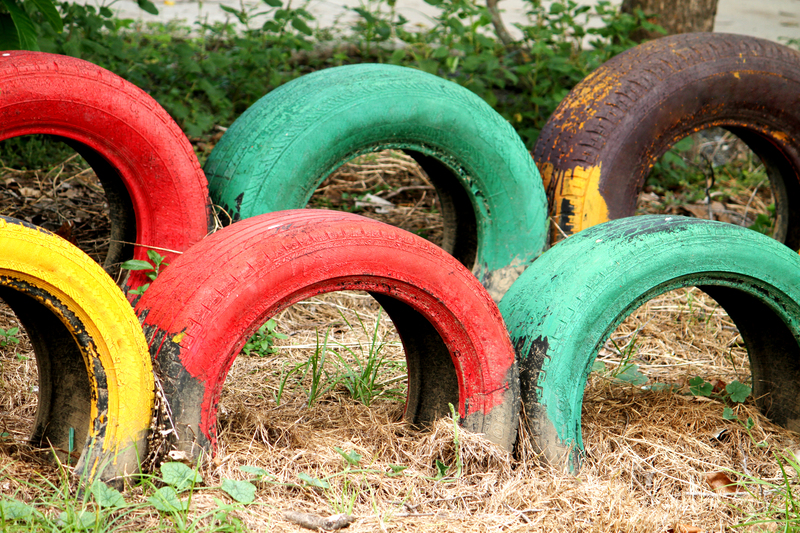
Glass Recycling: Key Facts You Should Know
Glass, a sustainable and versatile material, is ubiquitous in our daily lives, from beverage containers to windows and decorative items. Recycling glass not only conserves natural resources but also significantly reduces energy consumption and landfill waste. In this article, learn all you need to know about glass recycling, including its process, benefits, and how you can contribute.
What Is Glass Recycling?
_Glass recycling_ is the process of transforming waste glass into usable products, helping to reduce the environmental impact of glass production. This process involves collecting and processing glass waste, melting it down, and forming new glass products. The ability to recycle glass repeatedly without loss of quality makes it an invaluable component of sustainable living.
The Process of Glass Recycling
The glass recycling process typically involves several stages:
- Collection: Glass waste is collected from homes, businesses, and recycling centers.
- Sorting: Glass is sorted by color and type, which is crucial for ensuring the quality of the recycled glass.
- Cleaning: The sorted glass is cleaned to remove impurities such as labels, caps, and food residues.
- Crushing and Melting: The cleaned glass is crushed into cullet and then melted in a furnace.
- Forming: The molten glass is shaped into new products like bottles, jars, and other items.
Benefits of Glass Recycling
Recycling glass offers numerous benefits to the environment, economy, and energy conservation efforts. Below are some of the _key advantages_:
Environmental Impact
- Reduces Landfill Waste: Recycling glass decreases the amount of waste sent to landfills, conserving valuable space and preventing land degradation.
- Conserves Resources: By using recycled glass, the demand for raw materials such as sand, soda ash, and limestone is minimized.
- Decreases Pollution: The process of creating new glass releases fewer pollutants when recycled materials are used, leading to a cleaner environment.
Economic and Energy Savings
- Economic Benefits: Recycling creates jobs in collection, processing, and manufacturing, contributing positively to the economy.
- Energy Efficiency: Using cullet lowers the furnace temperature required for melting, saving approximately 30% energy compared to producing new glass from raw materials.
Challenges in Glass Recycling
Despite its benefits, glass recycling faces several challenges:
- Contamination: Non-recyclable glass and impurities can contaminate recycling streams, affecting quality.
- Sorting Difficulties: Adequate sorting by color and type is vital, but mis-sorted glass can hinder the recycling process.
- Transportation Costs: The weight of glass makes transportation costly, impacting overall recycling costs.
How to Recycle Glass Properly
To ensure you are aiding the recycling process effectively, follow these tips:
Know What Can Be Recycled
- Recyclable Glass: Typically includes bottles and jars made from clear, green, or brown glass.
- Non-Recyclable Glass: Items like light bulbs, pyrex, and window glass should not be included, as their melting points differ.
Prepare the Glass for Recycling
- Rinse Containers: Remove any food residues or liquids from glass containers before recycling.
- Remove Lids and Caps: These are often made from different materials that interfere with the recycling process.
Future of Glass Recycling
The future of glass recycling looks promising with technological advancements and increasing public awareness. Innovations such as optical sorting machines and improved melting techniques will streamline the recycling process. Moreover, the global push towards circular economies places a stronger emphasis on sustainable practices, highlighting the importance of _effective glass waste management_.
Conclusion
Understanding the nuances of glass recycling equips us to make informed decisions that positively impact our planet. By actively participating in recycling efforts and spreading awareness, we can help create a sustainable future where resources are preserved, and our environment is protected. Embrace the recycling culture and contribute to the cycle of sustainability by responsibly managing glass waste.
Now that you are aware of the key facts about glass recycling, make a difference in your community and beyond. _Every glass container recycled_ is a step toward a cleaner, greener planet.
